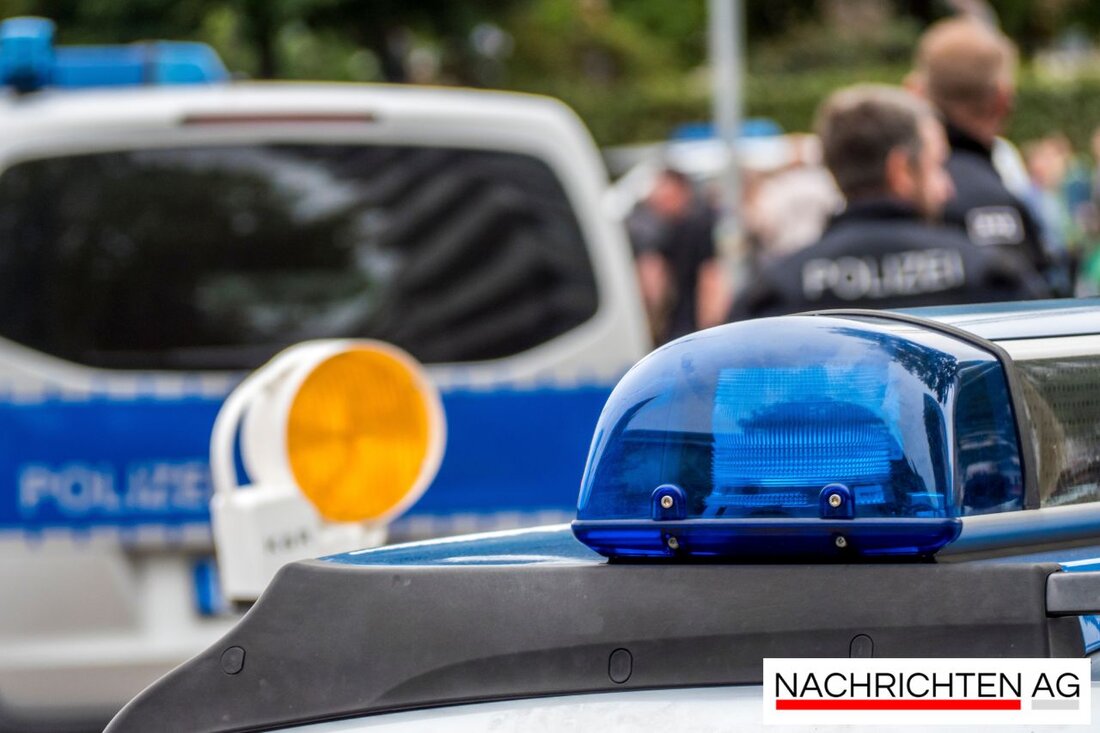Mobile speed camera in Ehingen: Be careful, speeding is expensive!
Mobile speed camera in Ehingen on June 24th, 2025: Speed checks to increase traffic safety. There is a risk of fines!

Mobile speed camera in Ehingen: Be careful, speeding is expensive!
Drivers in Ehingen are particularly challenged today because the police have set up a mobile radar box. As News.de reports, the speed measurement will be at 7:31 a.m. at location AN 49, zip code 91725, where a speed limit of 100 km/h applies. Things can quickly become expensive here, as speeding violations not only result in fines but also the loss of your driving license.
Continuous monitoring of road traffic is part of the efforts of the police in Baden-Württemberg to increase road safety. Mobile speed cameras can be used flexibly and use radar or laser-based devices to measure the speed of passing vehicles. The license plates are recorded, and in some cases even the driver's face, which makes the surveillance even more effective.
The goal of speed monitoring
As the Bußgeldkatalog explains, the main aim of speed enforcement in Germany is to promote road safety. Drivers should be trained to drive in accordance with the rules through regular checks. Data from previous years shows that in 2013 alone, over 5,000 drivers received points for speeding in Flensburg. This measure is intended to help reduce accidents and raise awareness of road safety.
The way these radars work is based on the Doppler effect, in which a signal is sent to passing vehicles to detect their speed. In the event of violations, a photo is taken and the vehicle owner receives a fine notice. Tolerances for speed measurements are also regulated: For example, for speeds below 100 km/h, 3 km/h is deducted, while above 100 km/h a flat rate of 3% of the speed is deducted.
The technology of speed measurement
The technology behind speed monitoring has continued to develop over the decades. Wikipedia explains that the first prototype of a traffic radar device was presented in 1956. Mobile radar devices were first used for speed control in 1959. In Germany today, both the police and regional regulatory authorities are responsible for traffic monitoring, although responsibility varies depending on the federal state.
Critics of speed enforcement often argue that these measures not only serve traffic safety, but also pursue economic interests. The income from fines flows into public budgets, but often does not cover the costs of monitoring. This discussion is brought up again and again and shows how sensitive the topic is in public discourse.
With the flexible placement of mobile speed cameras, surveillance not only becomes more effective, but also less unpleasant for those who are not so particular about speed. Drivers in Ehingen should therefore stick to their speed and reach their destination safely.

 Suche
Suche
 Mein Konto
Mein Konto